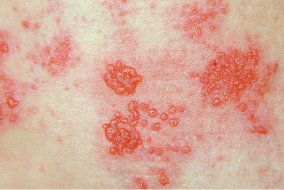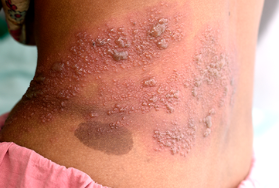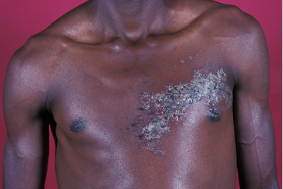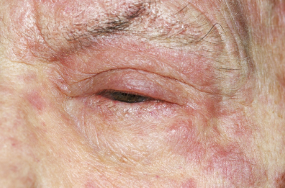General queries:
info@woodstockroadchemist.comNHS prescription queries:
woodstockrd.chemist@nhs.netGeneral queries:
info@woodstockroadchemist.comNHS prescription queries:
woodstockrd.chemist@nhs.netWelcome to our comprehensive guide on shingles and the shingles vaccine. Shingles is not only a painful condition but can also lead to serious complications if left untreated. Our goal is to provide you with detailed information on shingles, how to identify it, its risks, and the life-changing benefits of the shingles vaccine.
What is Shingles?
Shingles is an infection caused by the varicella-zoster virus, the same virus responsible for chickenpox. Once you’ve had chickenpox, the virus remains dormant in your body and can reactivate years later as shingles. This reactivation typically results in a painful rash.
How to Identify Shingles
Early Signs:
Appearance of the Rash:
A few days after the initial symptoms, a rash usually appears. This rash often develops as blotches on one side of your body, commonly on the chest and tummy, but it can appear anywhere, including the face, eyes, and genitals. The rash progresses to itchy blisters that ooze fluid before drying out and forming scabs.

The blotches become itchy blisters that ooze fluid. A few days later, the blisters dry out and scab.

The rash can be red, but this can be harder to see on brown and black skin.

The rash can form a cluster that only appears on 1 side of your body. The skin remains painful until after the rash has gone.

The rash may be in and around your eye, making it sore and red. It can affect your sight or hearing and make it hard to move 1 side of your face.
The above images are from the NHS website for your reference https://www.nhs.uk/conditions/shingles/
Risks and Complications
While many people recover from shingles without significant issues, some may experience severe complications, such as:
Post-herpetic neuralgia: Persistent pain even after the rash has healed.
Skin infections: The rash can become infected, necessitating antibiotics.
Eye problems: When shingles affect the eye, it can lead to vision loss.
Ramsay Hunt syndrome: A rare condition causing facial nerve paralysis and hearing issues.
Treatment Options
Early treatment is crucial in managing shingles. Here are some recommended steps:
Medical Treatments:
Self-Care Tips:
Important Note: If you suspect you have shingles, seek urgent medical advice. Starting antiviral treatment within three days of the rash appearing can significantly reduce complications.
The Shingles Vaccine: Your Best Defence
The shingles vaccine is a powerful tool in preventing shingles or reducing its severity. It is especially important for:
Benefits of the Vaccine:
Given that the vaccine can greatly reduce your risk and potentially prevent severe pain and complications, it’s a worthy investment. At £225 per dose, with a total of two doses required, the cost of the vaccine is justified by its significant benefits in protecting your health and well-being.